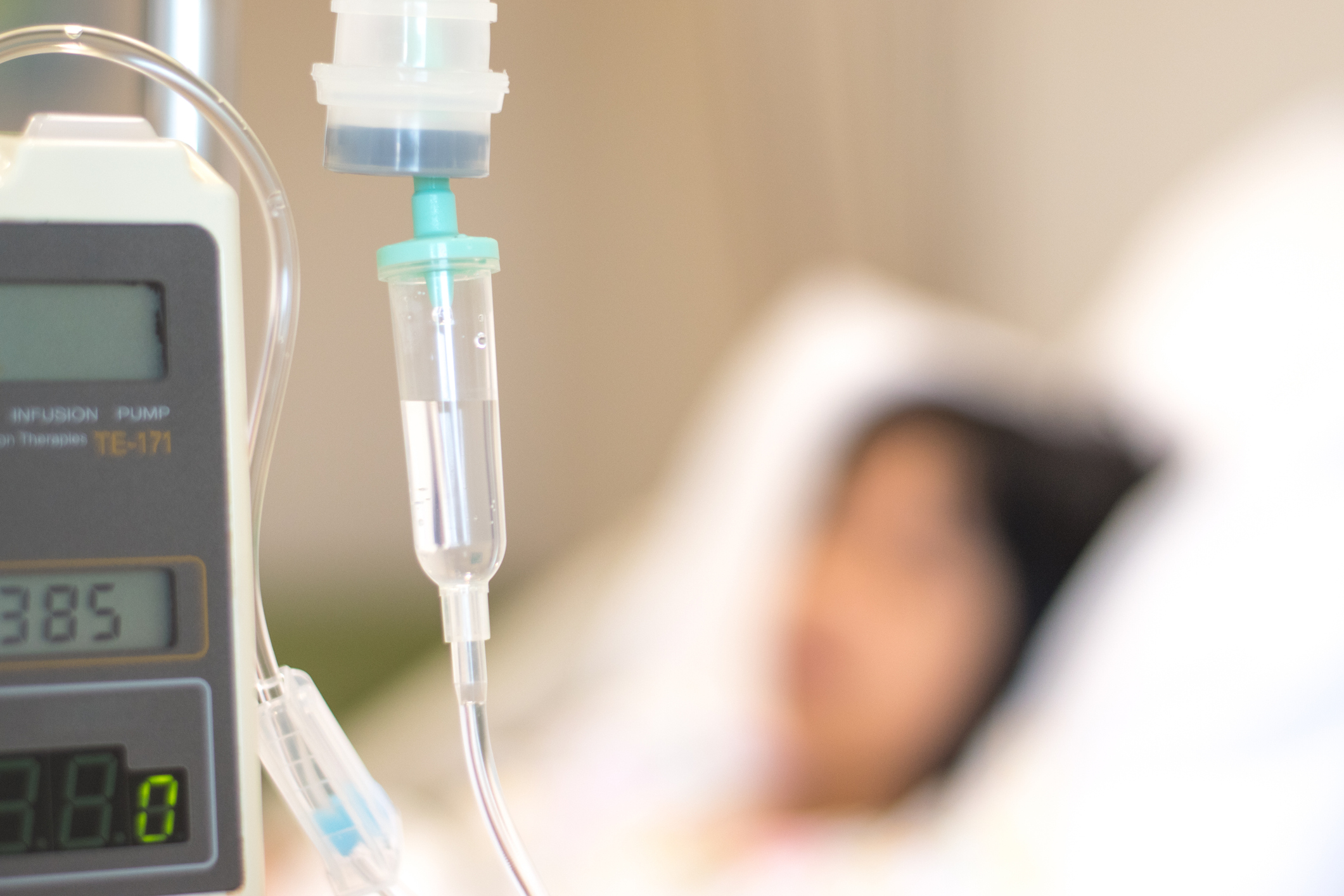Dallas-based Signify Health is partnering with the Children’s Oncology Group in a home-based clinical trial for pediatric patients fighting leukemia. The collaboration will reduce barriers to treatment and enable a more diverse patient base.
COG is the world’s largest organization focused on childhood and adolescent cancer research. They bring their clinical trial experience to the partnership with Signify, which uses analytics, technology, and provider networks across the country to deliver value-based care.
Patients in the trial have been diagnosed with B-cell acute lymphoblastic leukemia (B-ALL), which is the most prevalent childhood cancer, representing 20 percent of diagnoses in children under 15 years old. It is the leading disease-related cause of death for children ages 1–19. Though relatively treatable, the cancer returns after remission in 15 percent of children, and improved therapies are required. The patients receive three, four-week-long cycles of infusion treatments.
Moving the trial into the home will allow for a more diverse patient base by removing travel barriers. Trials can last weeks and often include time-consuming infusions. Parents have to take time away from their jobs or family to make it to the trials, creating financial and emotional stress. “When you think about what a hospital waiting room or infusion center looks like to a child, that can be frightening and intimidating,” says Dr. Marc Rothman, chief medical officer at Signify. “It is loud, incredibly stressful, and lonely.”
These barriers to entry mean that trial participants are often White, upper-middle-class patients, who are familiar and comfortable with the medical system. Trial designers hope that the reduced cost and hassle of treating patients in the home will diversify the patient base and give researchers a better idea of how the treatment affects different people. As families often might not want to bring their immunocompromised children into a facility full of sick people during a pandemic, the trial at home is even more critical now than ever before. The trial is happening at 195 sites all over the country, including UT Southwestern and three other Texas locations.
Signify also provides home-based clinical support services that can help facilitate the treatment and improve adherence and the experience for patients and their families. Infusions require a credentialed clinician to administer them, meaning they are difficult to move into the home. Signify’s clinicians will provide infusion pumps, bag changes, and documentation metrics, as well as on-call services for 24 hours following a bag change. Home health organizations can’t be reimbursed for experimental treatment, making this partnership even more essential.
The move into the home is novel territory for COG. “They are trying to flip the switch and start delivering things into people’s homes,” Rothman says. “They’re turning to us to figure out how to achieve that goal in a safe, effective manner and trying to figure out whether the economics still work out for them. We’re happy to play our role and have a good amount of experience with trying to solve that problem.”
In-home trials are a test of the cancer treatment and the feasibility of moving more care into the home. “The trial that we’re doing with COG, and a host of other initiatives that we’re doing at Signify, are all trying to push the limits and test the waters for what services can safely and effectively be delivered at home,” Rothman says. “Whether that’s chemotherapy or other infusions, vaccines, diagnostic tests of various kinds, a lot of the work we’re doing is designed to figure out how to get that done at a price point that’s cost-effective and safe.”






